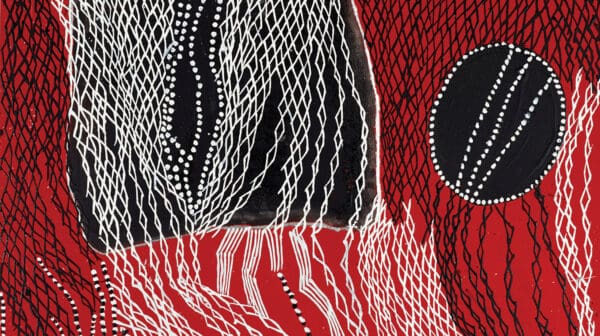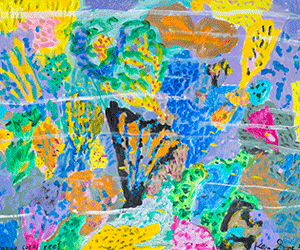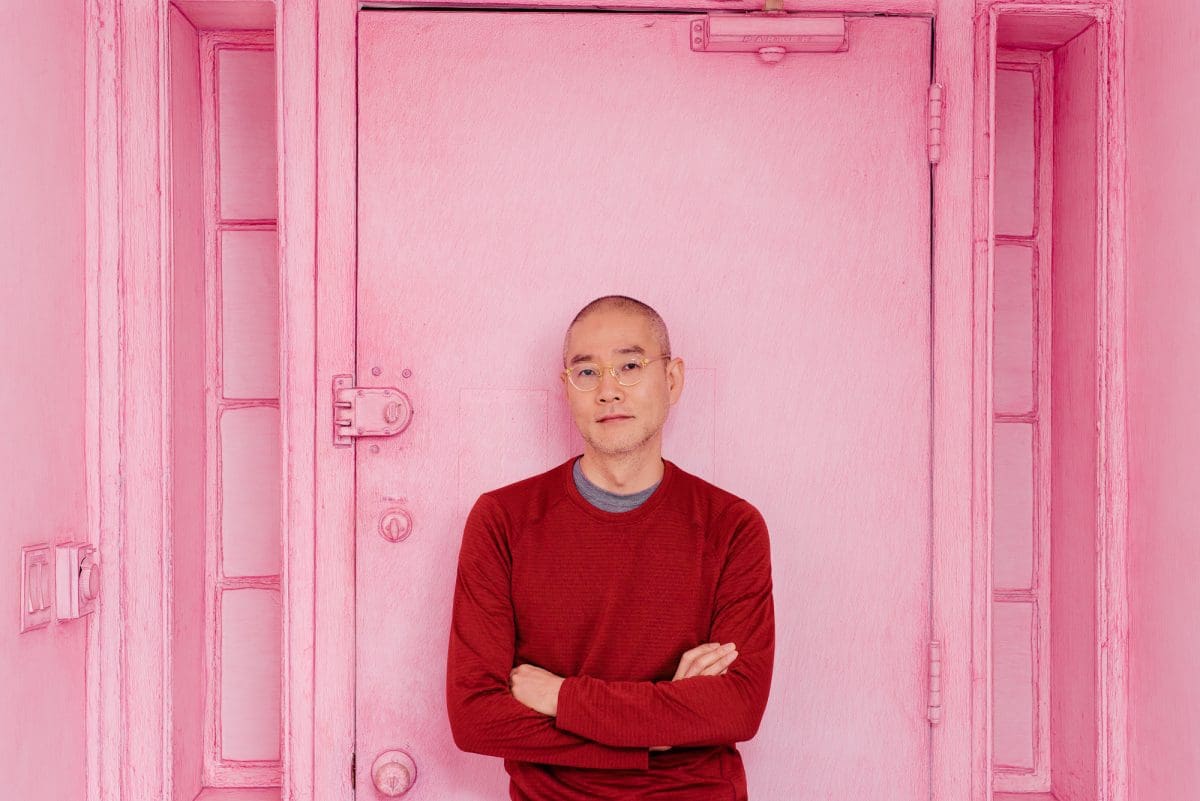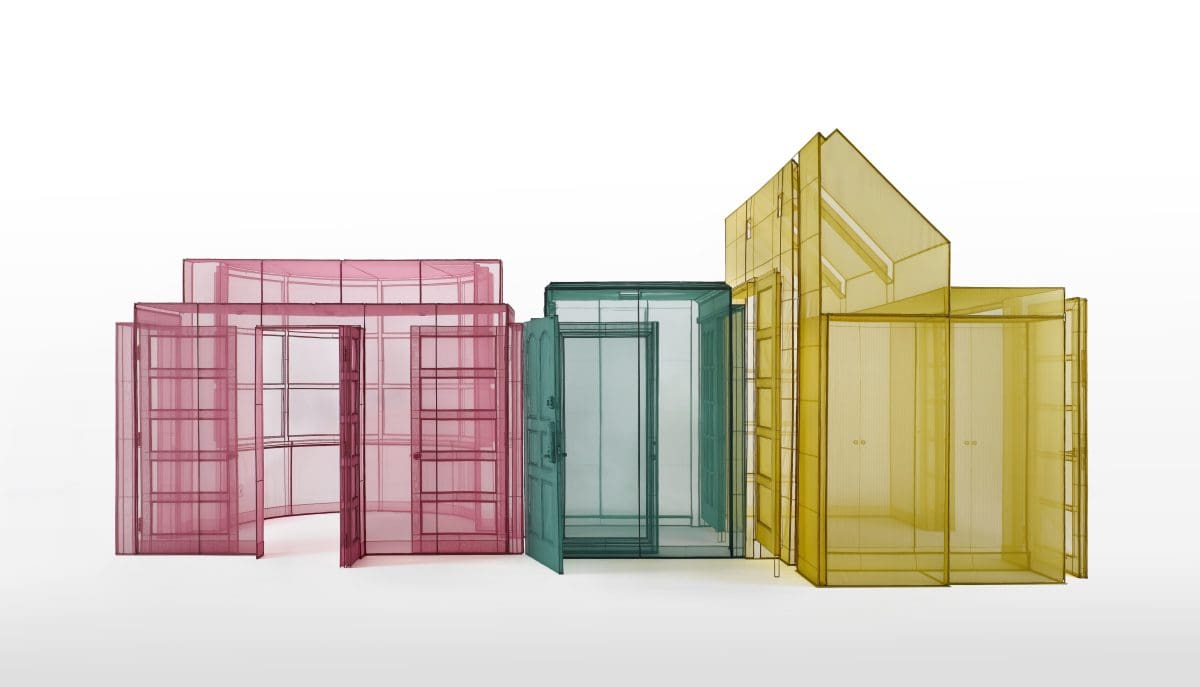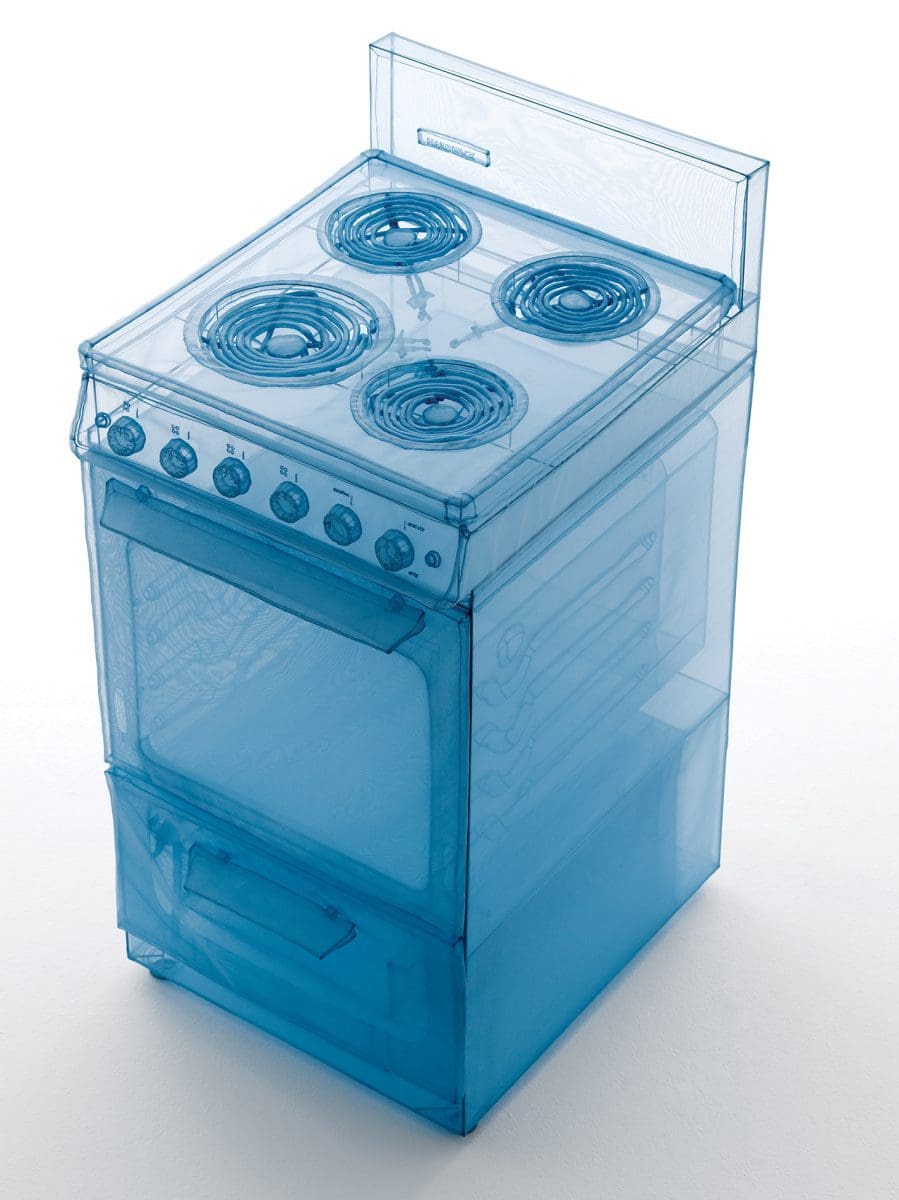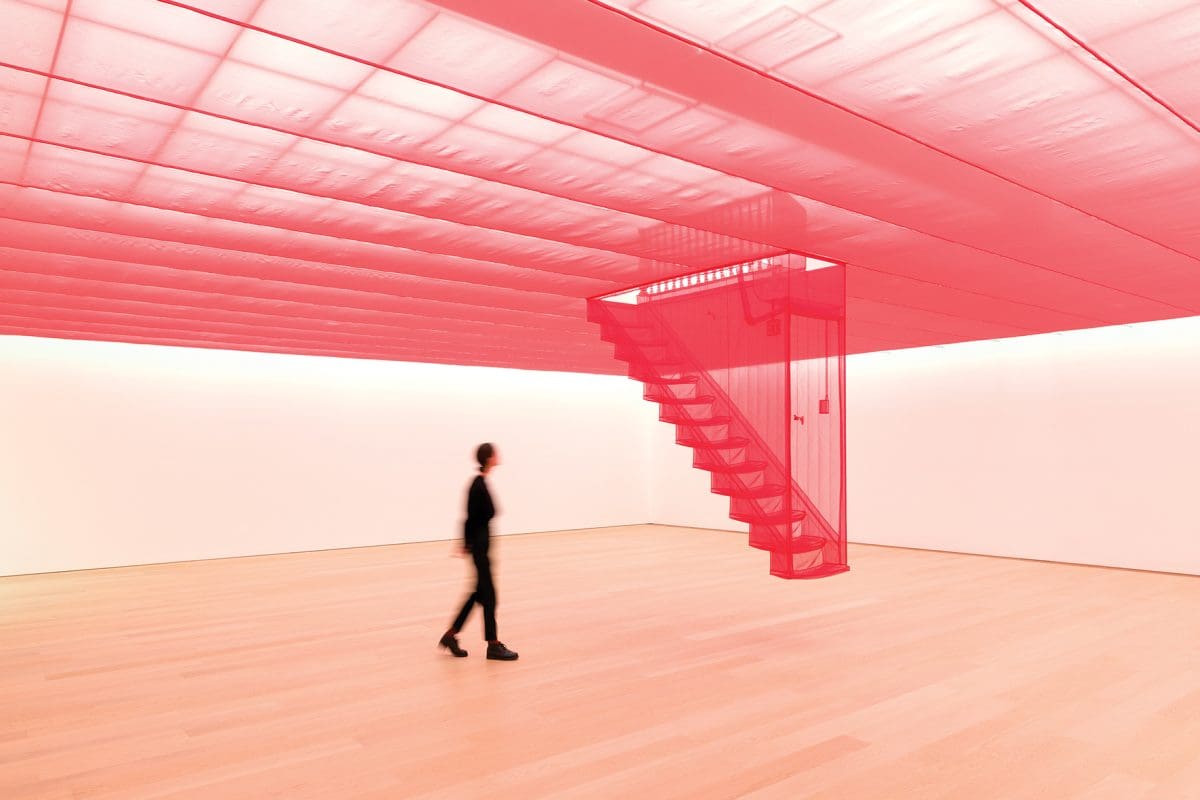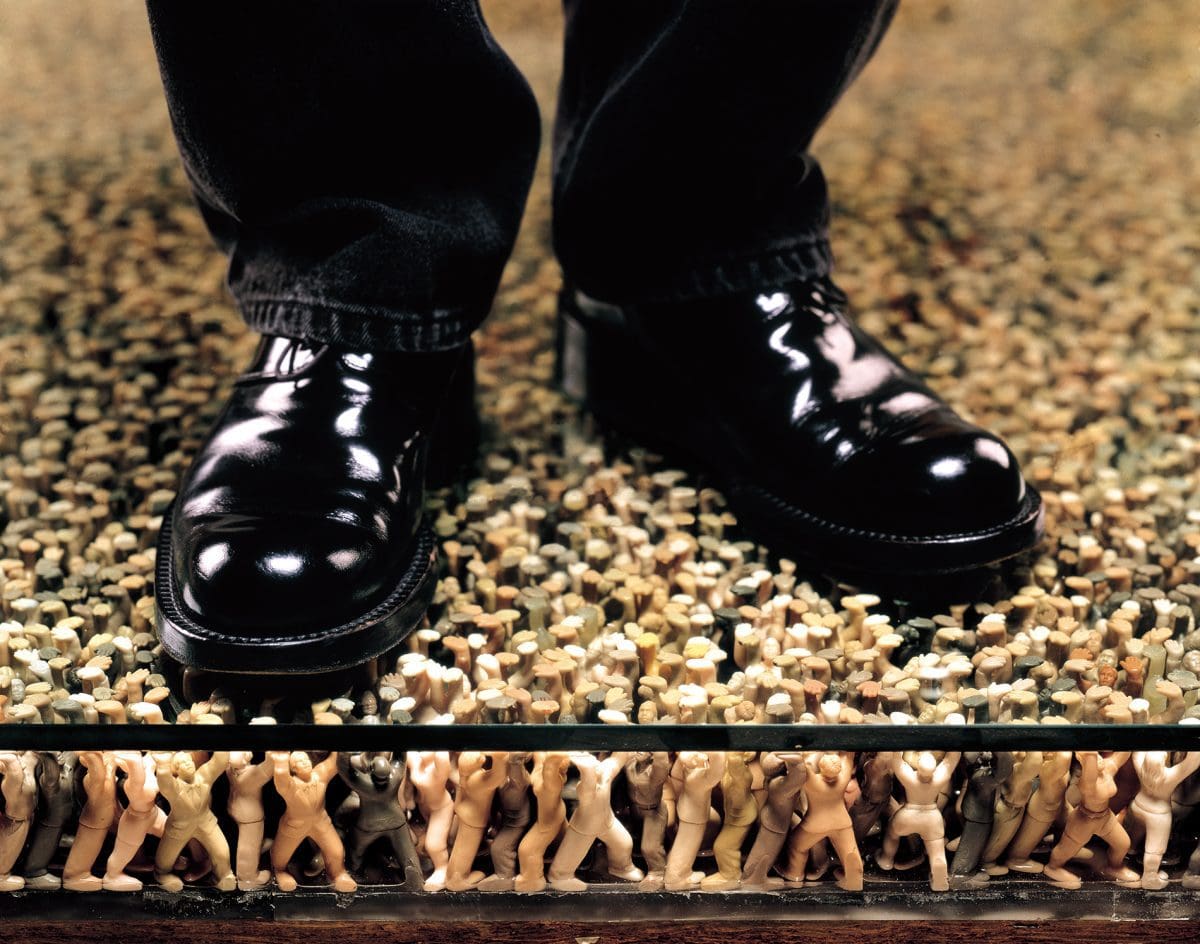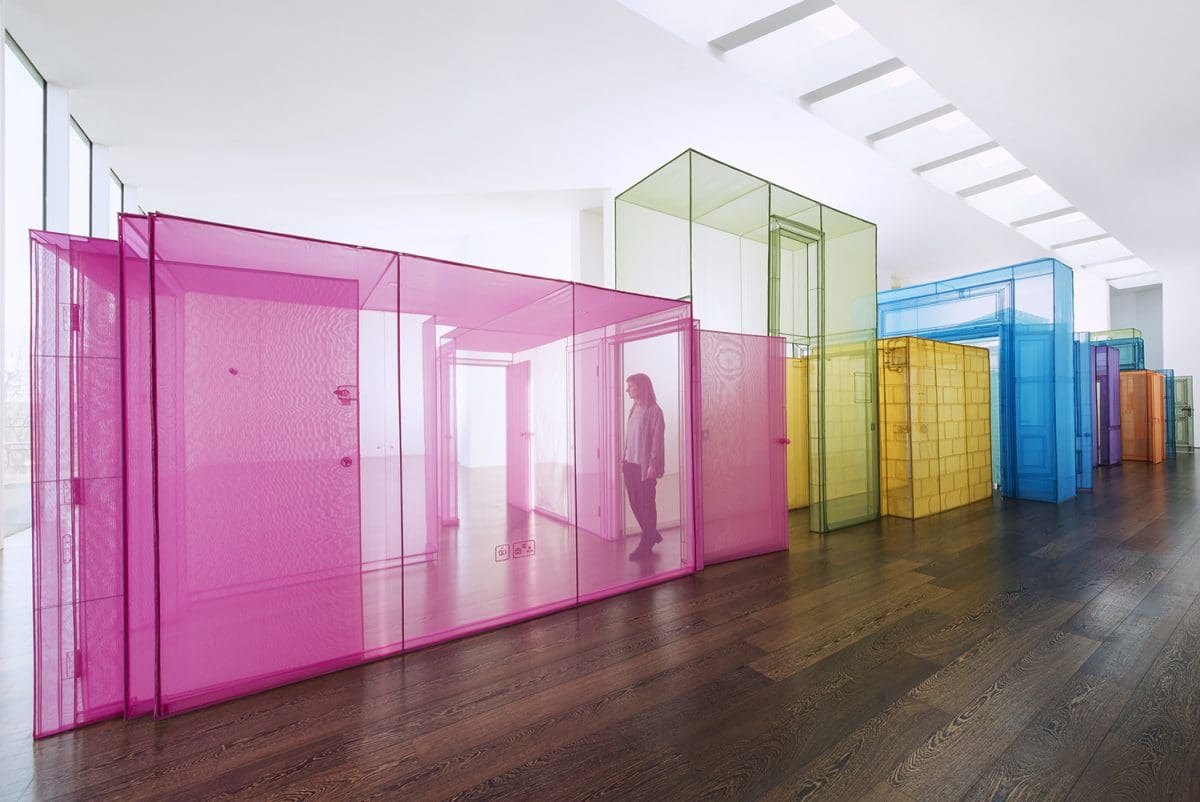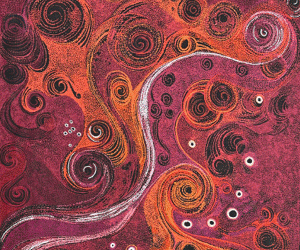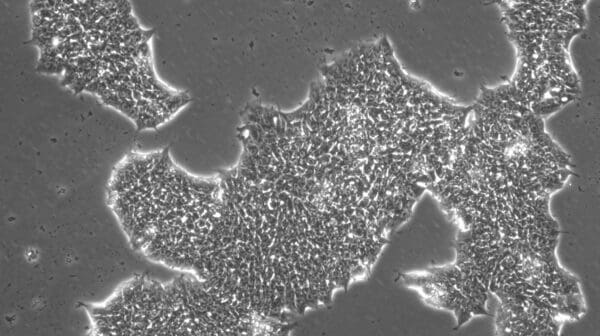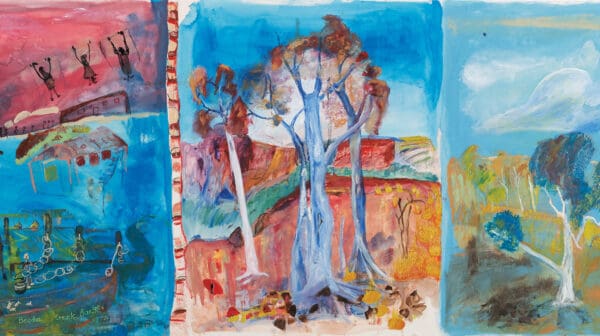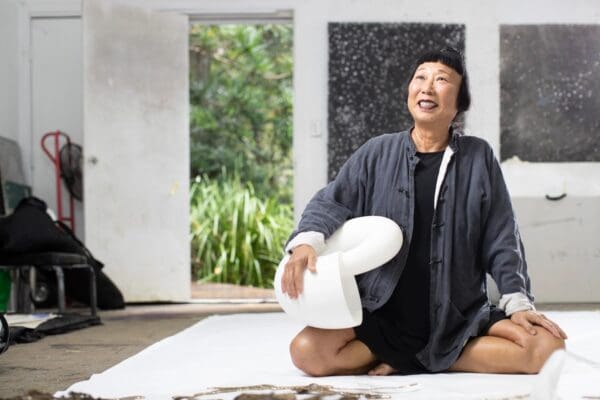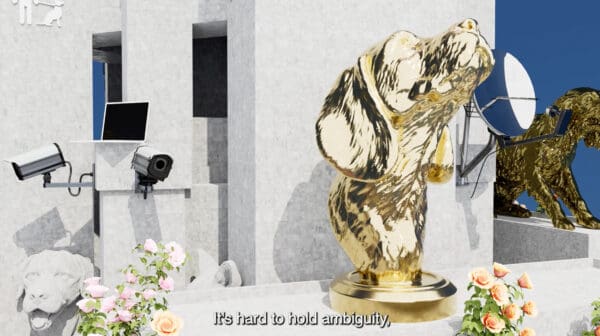The shifting idea of home—and the word’s concurrent intangibility and pervasiveness—is at the heart of Do Ho Suh’s work. For over three decades, the prolific South Korean artist has explored questions of belonging in his expansive practice, which spans drawing, films, installation, stitching, sculpture—and much more.
In the wake of the pandemic and global migration, notions of displacement are even more embedded in the public consciousness: it’s perfect timing for Suh’s first Southern Hemisphere solo exhibition at the Museum of Contemporary Art (MCA). “The work is particularly resonant in the present time, but the kinds of concerns expressed are really universal concerns because they are questions about home and movement and diasporic experience,” says curator Rachel Kent.
The survey includes the debut of Rubbing/Loving: Seoul Home, a major work that has been in development since 2013. A series of rubbings using graphite and mulberry paper, this installation revisits Suh’s family home—a traditional Korean hanok. “A long time ago, he and I were talking about this and how it would be amazing if he could complete the work in time for this exhibition,” Kent says. “He felt that it was appropriate for it to be inaugurated within this region.” While Covid-19 pushed the show back, the work’s debut has even more personal significance now with the recent passing of the artist’s father.
Suh’s colourful work responds to the MCA’s physical space, whether it’s looking underneath your own feet at Floor—a work made of thousands of tiny plastic figurines—or the arresting Staircase-III, a transparent red staircase descending from a ceiling made of the same material. These fascinating pieces all come together in conversation to illustrate a drifting life lived through many variations of home.
Do Ho Suh
Museum of Contemporary Art
4 November—26 February 2023
This article was originally published in the November/December 2022 print edition of Art Guide Australia.
